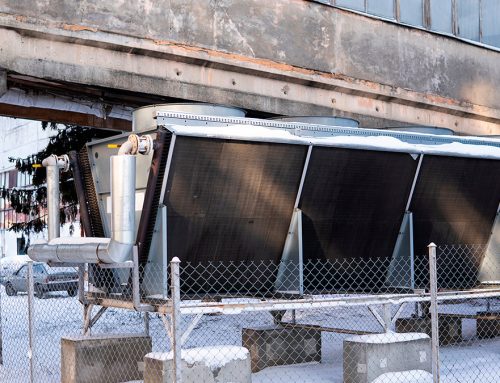The Key to Unlocking a Treasure Chest of Biofuel Resources
October 8, 2025
 What if you suddenly received a treasure chest full of money, but no key to open it? That’s where ethanol producers find themselves when they have an abundance of corn and rice for making biofuel, but no enzymes to turn these complex starch sources into fermentable sugars. With ECL1000™, Bionetix® provides a key to unlock the door to a treasure chest of biofuel resources.
What if you suddenly received a treasure chest full of money, but no key to open it? That’s where ethanol producers find themselves when they have an abundance of corn and rice for making biofuel, but no enzymes to turn these complex starch sources into fermentable sugars. With ECL1000™, Bionetix® provides a key to unlock the door to a treasure chest of biofuel resources.
A Brief Look at the Ethanol Market
In recent news, nations like Brazil and India have upped the ethanol content of their gasoline blends and are looking to produce more corn-based ethanol for economic and environmental purposes. Meanwhile, harvest time in North America is bringing us into peak ethanol production season. In short, countless ethanol producers are currently dependent on enzymes to unlock their biofuel goals.
Putting the ECL1000™ Key into the Lock
As a high efficiency α-amylase enzyme, ECL1000™ is one key that will open the door to transforming corn and rice into ethanol— along with byproducts such as DDGS (distiller’s dried grains with solubles) for animal feed. As a liquid concentrate, ECL1000™ delivers 4000 units of enzymatic activity per mL* and can be added during the liquefaction stage (where it works best in the range of 35-90 °C and pH 5.2-6.2) to break complex starches into smaller units, lowering viscosity and ultimately unlocking simple sugars that can be fermented into ethanol.
Get Your Key to Biofuel Production
Without amylase, ethanol producers and farmers are missing the key they need to unlock the potential of corn or rice for biofuel production. ECL1000™ opens that door, making it possible for ethanol producers to take advantage of the energy value of corn or rice. Contact Bionetix® International today if you need this important key to unlock your biofuel production.
* One α-amylase unit (U) is defined as the amount of enzyme that liquefies 1 g of soluble starch in one hour at 60 °C and pH 6.0.
For a PDF version please click here.







